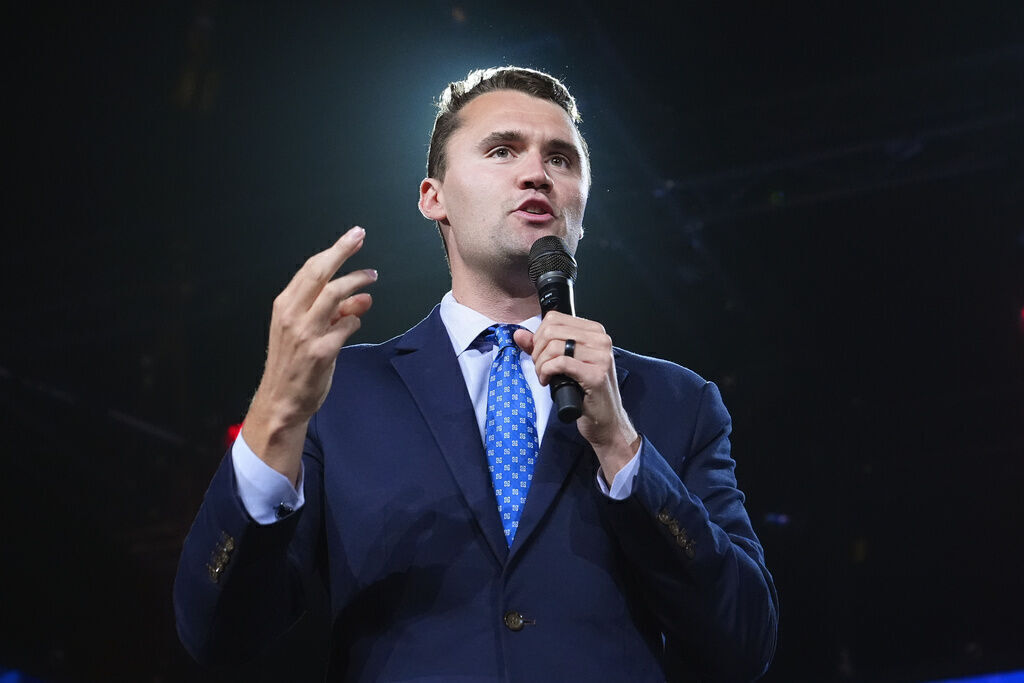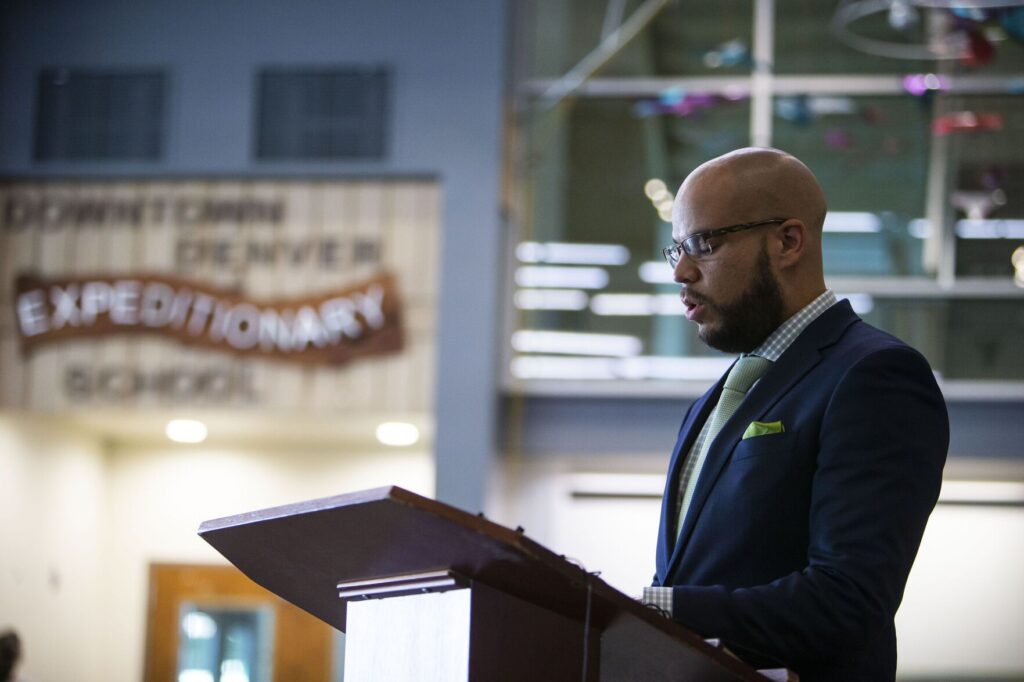SLOAN | Mikhail Gorbachev, R.I.P.


Peter Rodman once wrote, about the time of the final collapse of the USSR, that “Mikhail Gorbachev will go down in history as the man who destroyed the Soviet system, by mistake.” Gorbachev died on Tuesday at the age of 91, and that remains the most accurate and eloquent description of his legacy.
Gorbachev has been, on occasion, unduly deified among liberals in the West, but it is true that he deserves some credit. It is fair to say that Gorbachev was the best of the Soviet leaders – which, given the horrific string of monsters from 1917 on which preceded him, makes that an awfully low bar.
Still, he was as much of a departure as one could reasonably expect from the succession of half-dead brutes since Khrushchev that ascended to the position of General Secretary of the Communist Party before quickly departing this life, which they had spent their careers making miserable for the millions under their control. Gorbachev inherited the task of trying to revive the Soviet Union from its own failings – the centrally-planned economy that was in shambles, the long queues for basic goods which were hopelessly inadequate both in quantity and quality, the lingering war in Afghanistan that was expensive and being conducted in typically barbaric Soviet fashion. When nothing else worked, Gorbachev turned to making a desperate gamble – his famous policies of glasnost and perestroika, designed to inject some sunlight into the dark hole that was the USSR, and thereby (he hoped) preserve it. But the Soviet people, seeing that their shackles were loosened just enough to wriggle out of them – and that the cell door was left slightly ajar – instead took advantage of the opportunity and upended the system he wanted to save.
So yes, for his part in, however accidentally, bringing about a mostly peaceful end to the Cold War and dismantling the worst experiment in human history, Gorbachev deserves credit. But it is a historical solecism to believe that these happy events came about as a result of deliberate humanitarian intentions on his part, or that they were due to him alone. The relentless pressure brought onto the Soviet Union by the angelic trio of Ronald Reagan, Lady Margaret Thatcher, and Pope St. John Paul II, augmented by dissidents like Lech Walesa and Aleksandr Solzhenitsyn, was indispensable to bringing about the collapse.
Con Coughlin, writing in The Telegraph, takes a rather realistic, if somewhat harsh, view of Gorbachev. He points out, as do others, that his designs were meant not for altruistic reform of an inhumane ideological creation but for the preservation of that creation; but also that Gorbachev was, in many ways, not all that different from Vladimir Putin: “like the current Russian leader, he deeply mourned the collapse of the Soviet Union, and would no doubt have subscribed to Putin’s view that it constituted “the greatest geopolitical catastrophe” of the 20th century.” Indeed, Gorbachev was a vocal supporter of Russia’s annexation of Crimea in 1992.
Gorbachev’s paradoxical nature is perhaps best illustrated by his relationship to Reagan, to whom he wrote a letter on the day he resigned his office, effectively declaring the end of the USSR. He wrote: “These days I keep thinking of what has been accomplished over the past years. They have been filled with a stream of events, some no small achievements, and tough trials. All has not worked out as one would have wanted. And yet I hope that the historical process will put everything into proper perspective.” Here we find a piquant mixture of reluctant pride with a dash of fatalism, and also a final defiant flash of the historical determinism that the wretched ideology he still clung to demanded. But as well a friendly outreach to the man who pushed him to the precipice, forcing his hand.
Gorbachev received the Nobel Peace Prize in 1990 simply for breaking with the tradition of Soviet leaders and not turning the state’s tanks and guns on his countrymen or former eastern European satellites (a year before he sent troops into Lithuania where 14 people were killed). As Lech Walesa told Jay Nordlinger in 2010, “Gorbachev had the instruments of rape, and he did not use them,” but, he continued: “Every male has the instrument of rape. Should we all be awarded Nobel prizes for not raping?”
Still, he didn’t, which was singularly unusual for a Soviet leader. Perhaps the dismantlement of the Soviet machine was by accident; Gorbachev nonetheless allowed it to happen, and one can charitably hope that at the hour of his death, the judge of the world took that into consideration.
Kelly Sloan is a political and public affairs consultant and a recovering journalist based in Denver.











